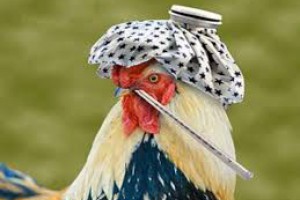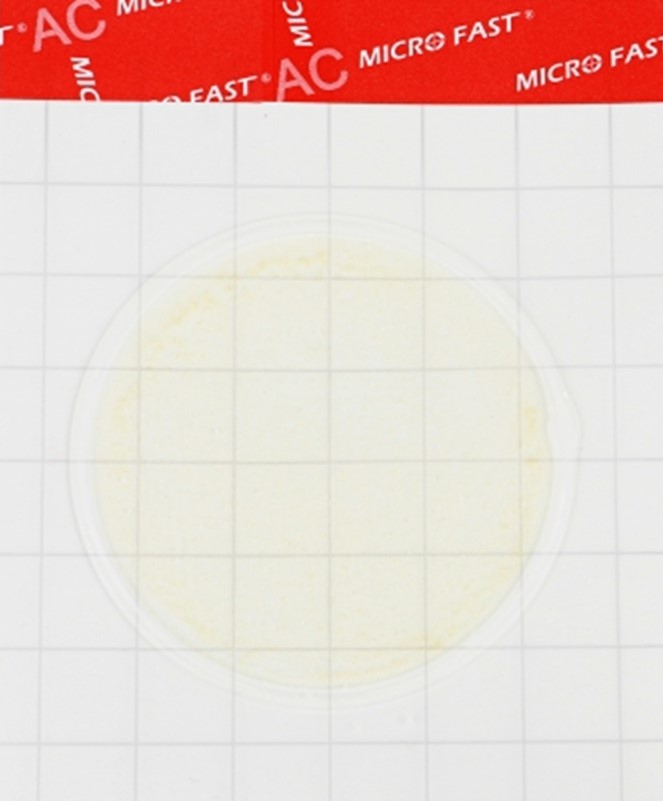Brazil Declares Bird Flu Free: Implications for Agriculture and Trade

 PIONEER MEIZHENG BIO-TECH (5 in1) JC0871/ Rapid tests for the determination of the residual amount of β-lactams, tetracyclines, chloramphenicol, streptomycins, ceftiofur in milk, whey.
PIONEER MEIZHENG BIO-TECH (5 in1) JC0871/ Rapid tests for the determination of the residual amount of β-lactams, tetracyclines, chloramphenicol, streptomycins, ceftiofur in milk, whey. Express-tests PIONER 5 in1 for the determination of thiamphenicol, meloxicam, colistine, trimethoprim, sulfonamides
Express-tests PIONER 5 in1 for the determination of thiamphenicol, meloxicam, colistine, trimethoprim, sulfonamides
Bird flu: what it is and how it affects poultry
Bird flu is a viral disease that mainly affects birds, but can also be transmitted to humans. Outbreaks of the disease can have devastating consequences for the poultry industry, leading to massive culling of flocks, which in turn causes significant economic losses. In the case of Brazil, the first outbreak was registered in one of the poultry farms, which immediately led to the introduction of trade restrictions on the export of products.
Restoration of the “disease-free” status
After careful checks and monitoring of the situation, Brazil was able to confirm the absence of new cases of the disease. This decision was made possible thanks to effective control and prevention measures that were implemented at all levels of the poultry industry. Importantly, the restoration of the “disease-free” status not only allows the country to resume exports, but also restores confidence in Brazilian products on the international stage.
Possible implications for trade
The lifting of trade restrictions opens new horizons for Brazilian producers. Brazil is one of the largest chicken exporters in the world, and a return to international markets could significantly boost agricultural revenues . It is also expected to have a positive impact on domestic meat prices , which could reduce inflationary pressures.
Precautionary measures and the future
Despite the positive developments, experts stress the importance of continuing monitoring and preventive measures. Bird flu remains a serious threat, and high biosecurity standards on poultry farms must be maintained to prevent new outbreaks. This includes regular health checks, vaccinations, and animal movement controls.
Declaring Brazil free of bird flu is not only a significant achievement for the country, but also an important step towards regaining its position in the global market. However, to avoid a recurrence, it is necessary to continue investing in disease prevention and control measures. This will help not only to preserve the health of the poultry industry, but also to ensure the country’s food security in the long term.

























































